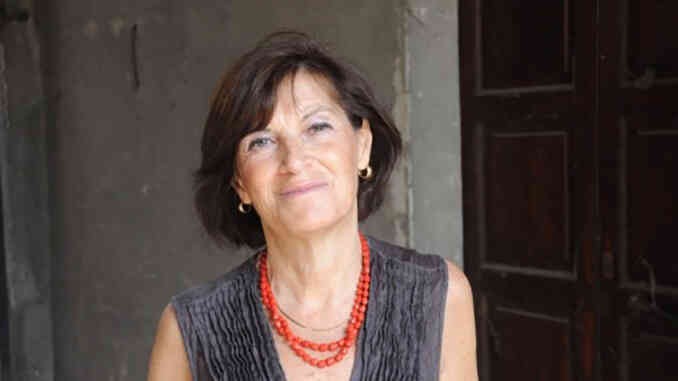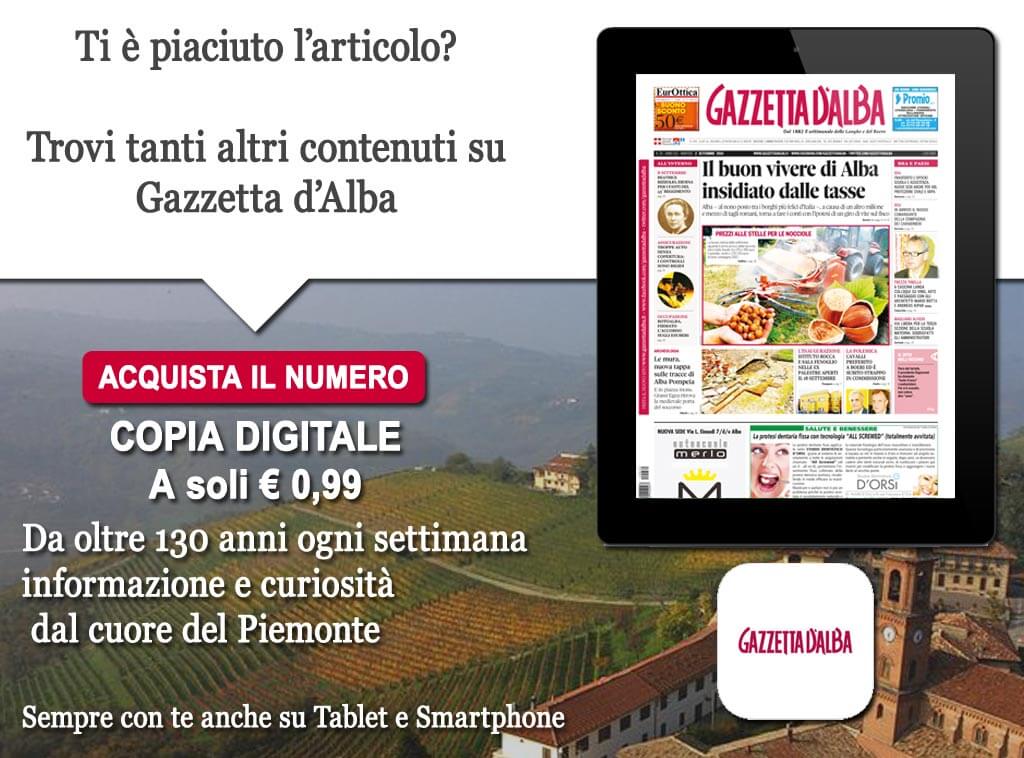THE INTERVIEW The profound human cultural festival proposed by Intonando wants to talk about spirituality, interior and poetry, in an attempt to recover segregated elements in a historical era crossed by fear. The first date will be Friday 16 September at 9 pm in the church of San Domenico in Alba, with the theologian and writer Antonietta Potente and the essayist Gabriella Caramore.
The two authors will talk about the depth of the human soul in the meeting entitled “The fatigue of light”. Tickets can be purchased at the San Paolo or Milton bookstore in Alba, or request additional information by visiting the website www.profondoumano.it. Gabriella Caramore is an essayist and radio host; she was a collaborator of Future. The latest book of him is The word GodEinaudi.
The political elections are close, but no one seems to speak of the interior, of spirituality as a starting point for solving material problems. Caramore, what do you think? Is it possible to introduce a different thought with respect to the dominant economic and materialist logics?
“I would say that perhaps it is not necessary to speak of interiority or spirituality to govern a country, but rather of responsibility, justice, legality, equality of opportunity, citizenship, and so on. People’s life is not distinguished into spiritual life and material life. The human being is all of this together. There can be no justice if there is no respect for the person, if his dignity is not taken care of, if the primary opportunities for a life that is dignified are not built, and this naturally goes together with the cultural, social and responsible development of people. human beings. The dominant logics fight on the ground by making responsible, courageous choices, not fearful of proclaiming that “obligation towards humanity” that the Charter of Human Rights had begun to elaborate. But of course it takes the effort of the intelligence, the continuous re-elaboration of the conscience, the questioning of one’s presuppositions. It is necessary to focus on the good of the polis – which is now our world – and not one’s own myopic mental vision ».
For you, what does it mean to poetically inhabit the world and how to recover that poetic part of us that is too often lost, both individually and socially and politically?
«You have to pay attention to the poetic term because you can risk misunderstandings. Poetic is not the same as sentimental, beautiful, harmonious. Poetry comes from a root that indicates the doing of the human. And therefore the creation, knowing how to put together, connect, establish links, perhaps invisible, between all things. “Poetically inhabiting the earth” as a fragment attributed to Hölderlin says, but he associated poetically, that is, in a creative way and in contact with the essence of things, also the ability to realize values, useful things. How you do it? Certainly by insisting on school, on education in a profound and global sense, on culture, that is, cultivation of the bond between beings and things ».
In your opinion, what internal consequences – positive or negative – has it caused in people?
«The pandemic has confronted us with our inability to use the information we possess, to be able to organize responsible territorial health, to change the face of medicine, to be able to face emergencies. Then yes, there was a lot of solidarity, a lot of dedication, a lot of sacrifice. But infinitely more could be done with a more consistently responsible attitude. My speech will focus on the fatigue of light, starting with the division into light and darkness that runs through the entire biblical text. Our culture has always accustomed us to divide too much manichean day and night. In reality, in the Bible, as in life, the iridescent chiaroscuro plays a great role, the brightness of the embers that can resist being extinguished “.
Matteo Viberti
Gabriella Caramore guest of the Deep Human festival (INTERVIEW)


